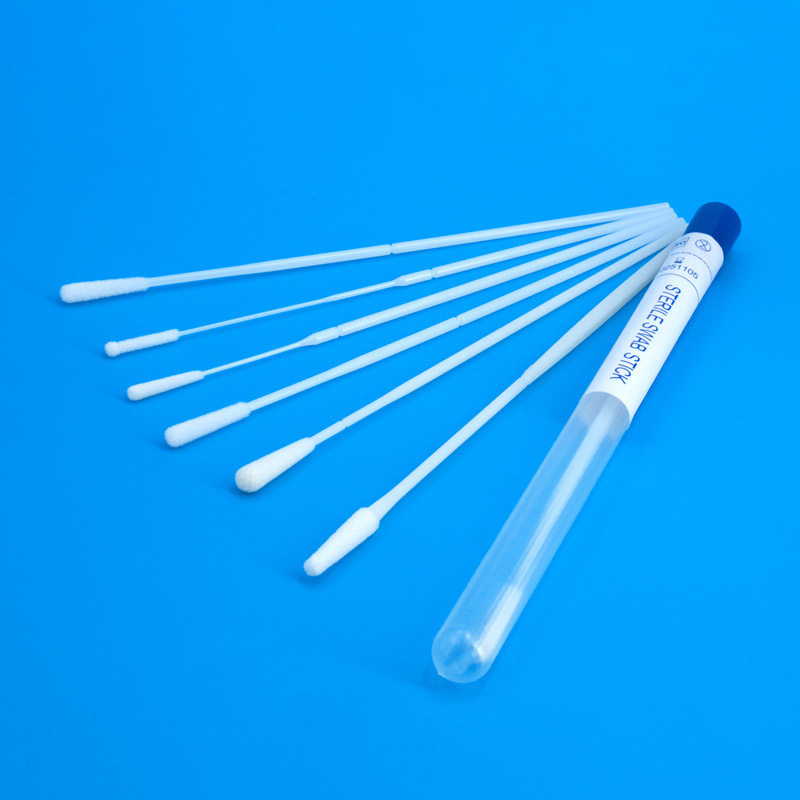L'écouvrez nasal est largement en cours et devient la pierre angulaire des soins de santé et des diagnostics cliniques, surtout sur le diagnostic des maladies infectieuses.
Dans ce contexte, Leur objectif principal est de collecter des échantillons respiratoires auprès des patients.
qui peut détecter la présence d'agents pathogènes et éclairer un traitement approprié.
The importance of nasal swabs in diagnosing infectious diseases

Grippe
Nasal swabs are commonly used to detect influenza viruses, helping healthcare professionals identify the specific strain and prescribe antiviral medications accordingly.
Virus respiratoire syncytial (RSV)
Virus respiratoire syncytial (RSV):
RSV is a common respiratory virus that can cause severe illness, particularly in infants and the elderly.
So nasal swabs are crucial in the diagnosis of RSV, enabling prompt treatment and supportive care.
COVID-19 [feminine]
Because the ongoing COVID-19 pandemic demonstrate the essential role of nasal swabs in large-scale testing efforts.
So rapid and accurate diagnosis of SARS-CoV-2 infection has been critical in managing the spread of the virus and informing public health measures.
Detect
Nasal swabs play a critical role in detecting pathogens present in respiratory specimens.
Benefit
Benefits of using nasal swabs in clinical settings Nasal swabs can help your healthcare provider diagnose the type of respiratory infection you.
And which treatment would be best for you, nasal swabs use to detect specific signatures of 10 pour 15 known viruses.
Role
Role of nasal swabs in drug development and clinical trials
UN. Studying the efficacy of new treatments for respiratory infections:
Nasal swabs use to collect samples from trial participants to assess the effectiveness of new drugs and therapies targeting respiratory infections.
Because by analyzing the collected specimens, researchers can determine whether the treatment is successful in reducing or eliminating the targeted pathogens.
B. Monitoring the safety of new medications in trial participants:
Nasal swabs can employ to monitor the safety of new medications during clinical trials.
By collecting respiratory samples throughout the trial, researchers can identify potential side effects or complications related to the medication.
Then ensuring that only safe and effective treatments reach the market.
Application
Examples of nasal swab applications in the industry
While a simple nasal swab may revolutionize the diagnosis of lung cancer in smokers who have undergone CT screening and had lung nodules detected on the scan.

















